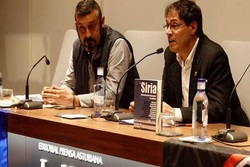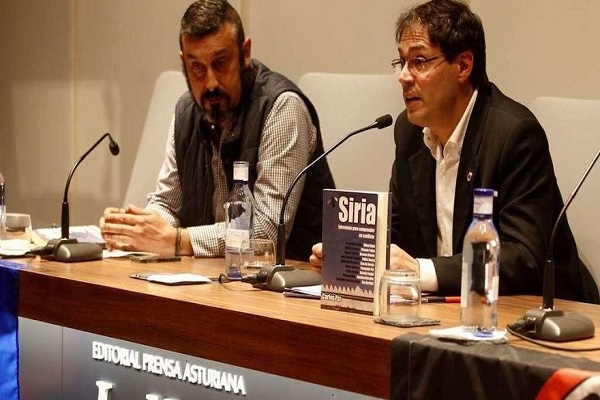‘Resistance Culture’ A Major Component of Islamic Revolution’s Power: Spanish Analyst


Carlos Paz told IRNA in an interview on the occasion of Ten-Day Fajr (dawn) celebrations marking the 43rd anniversary of the revolution’s victory that the principles on which the Islamic Revolution was founded and achieved victory have remained as strong as ever.
It is because the majority know that the Islamic Revolution put an end to many injustices and corruptions that existed during the rule of Pahlavi regime, he said.
Paz said the Islamic Republic that was established after the victory of the revolution has a powerful bond with the people of Iran.
Asked what has helped the country withstand foreign pressures and other difficulties over the past decades, he cited three main reasons: the culture of resistance, deep patriotism of the Iranian people and deep faith in the rightfulness of the path they are pursuing.
He also hailed the Iranian nation for having managed to materialize two main slogans of the Islamic Revolution, namely independence and freedom.
Every year, millions of Iranians across the country observe ten days of celebrations marking the anniversary of the victory of the 1979 Islamic Revolution that put an end to the monarchy of the US-backed Pahlavi regime in the country.
The day of Imam Khomeini’s return to Iran (February 1 this year) marks the beginning of the Ten Day Fajr, which culminates with rallies on the anniversary of the victory of the Islamic Revolution on February 11.
The Iranian nation toppled the US-backed Pahlavi regime 43 years ago, ending the 2,500 years of monarchic rule in the country.
The Islamic Revolution spearheaded by the late Imam Khomeini established a new political system based on Islamic values and democracy.



